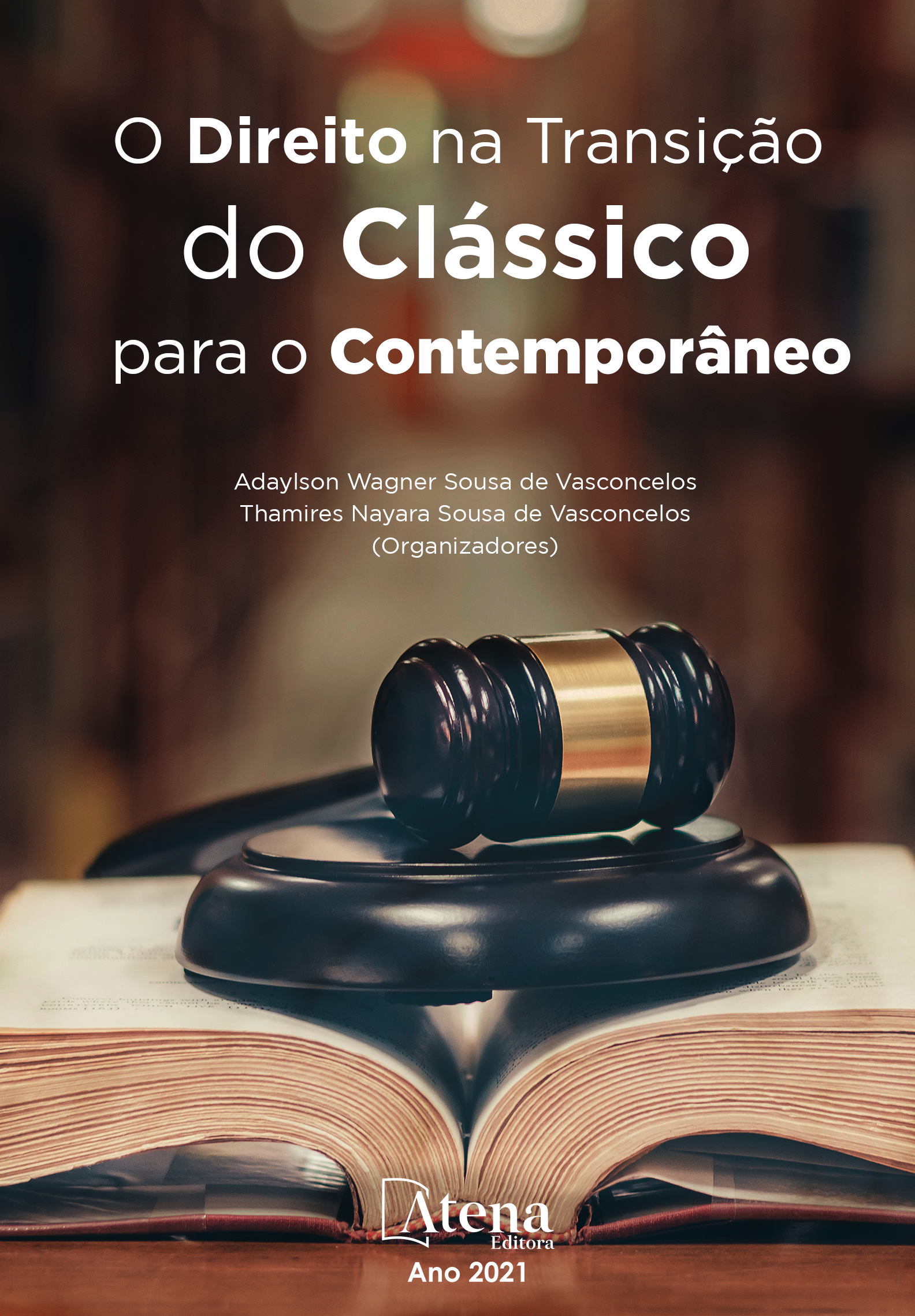
APLICABILIDADE E EFETIVIDADE DO ‘CONTEMPT OF COURT’ NO ORDENAMENTO JURÍDICO BRASILEIRO
O presente trabalho busca analisar a aplicabilidade e efetividade do instituto anglo-saxão do ‘contempt of court’ (desrespeito/desacato à corte), inserido no ordenamento jurídico brasileiro em 2001, com a Lei nº 10.358 e seus efeitos na jurisprudência do Superior Tribunal de Justiça. Busca-se analisar o artigo 14 do revogado Código de Processo Civil em comparação ao atual artigo 77. O objetivo do presente resumo é estudar os deveres das partes e de todos aqueles que participam do processo, bem como as sanções a serem aplicadas pelo juiz em caso de descumprimento pela conduta improba e desleal. Far-se-á um estudo normativo da inserção do instituto anglo-saxão do ‘contempt of court’ no ordenamento jurídico até o atual Código de Processo Civil, definindo e estudando a sua aplicabilidade e efetividade na jurisprudência do Superior Tribunal de Justiça. A relevância do tema proposto consiste no sentido de esclarecer a importância da efetividade e aplicabilidade das sanções dispostas no artigo 77 do atual Código de Processo Civil em consonância com as suas normas fundamentais. Na estratégia teórica a ser utilizada, o presente trabalho buscará partir de uma investigação histórica e jurídica da aplicação do ‘contempt of court’ no direito brasileiro e as implicações deste instituto no nosso ordenamento jurídico. Para a realização da pesquisa será utilizado o método teórico-bibliográfico, abordando-se o tema através de métodos hipotético-dedutivos
APLICABILIDADE E EFETIVIDADE DO ‘CONTEMPT OF COURT’ NO ORDENAMENTO JURÍDICO BRASILEIRO
-
DOI: 10.22533/at.ed.7032112023
-
Palavras-chave: Deveres das partes. Contempt of court. Superior Tribunal de Justiça.
-
Keywords: Duties of the parties. Contempt of court. Superior Tribunal of Justice
-
Abstract:
The present work seeks to analyze the effectiveness of the application of the Anglo-Saxon institute of 'contempt of court' inserted in the Brazilian legal system in 2001 with Law nº 10.358 and its effects on the jurisprudence of the Superior Tribunal of Justice. The purpose of this summary is to study the duties of the parties and all those who participate in the process, as well as the sanctions to be applied by the judge in failure to comply with unfair and unfair conduct. It will be a normative study of the inclusion of the Anglo-Saxon institute of 'contempt of court' in the legal order up to the current Code of Civil Procedure, defining and studying its applicability and effectiveness in the jurisprudence of the Superior Tribunal of Justice. The relevance of the proposed theme is to clarify the importance of the effectiveness and applicability of the sanctions set forth in article 77 of the current Code of Civil Procedure in accordance with its fundamental norms. In the theoretical strategy to be used, the present work will seek from a historical and legal investigation of the application of contempt of court in Brazilian law and the implications of this institute in our legal system. For the accomplishment of the research will be used the theoretical-bibliographic method, approaching the subject through hypothetico-deductive methods. -
Número de páginas: 10
- Rogerio Mollica
- JANICE COELHO DERZE


